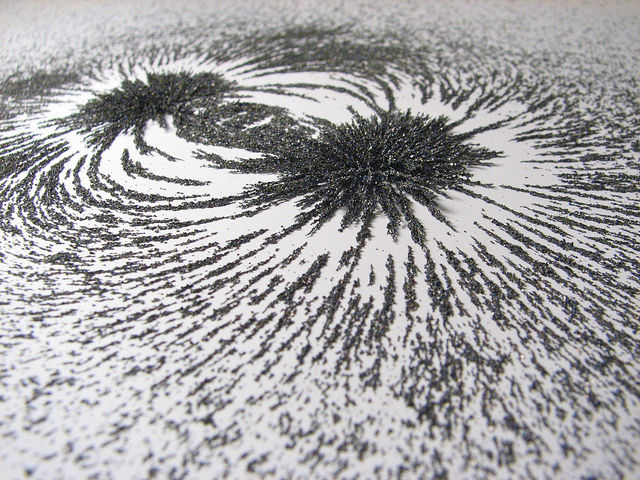Hyperloop Levitation
On Monday, Hyperloop Transportation Technologies (HTT) announced that it had “exclusively licensed” a technology that could help it bring the transit system idea, popularized by SpaceX and Tesla CEO Elon Musk, to fruition.
The licensed technology, called passive magnetic levitation, departs significantly from the system that Musk theorized back in 2013. Musk’s Hyperloop design involves a low-pressure...





